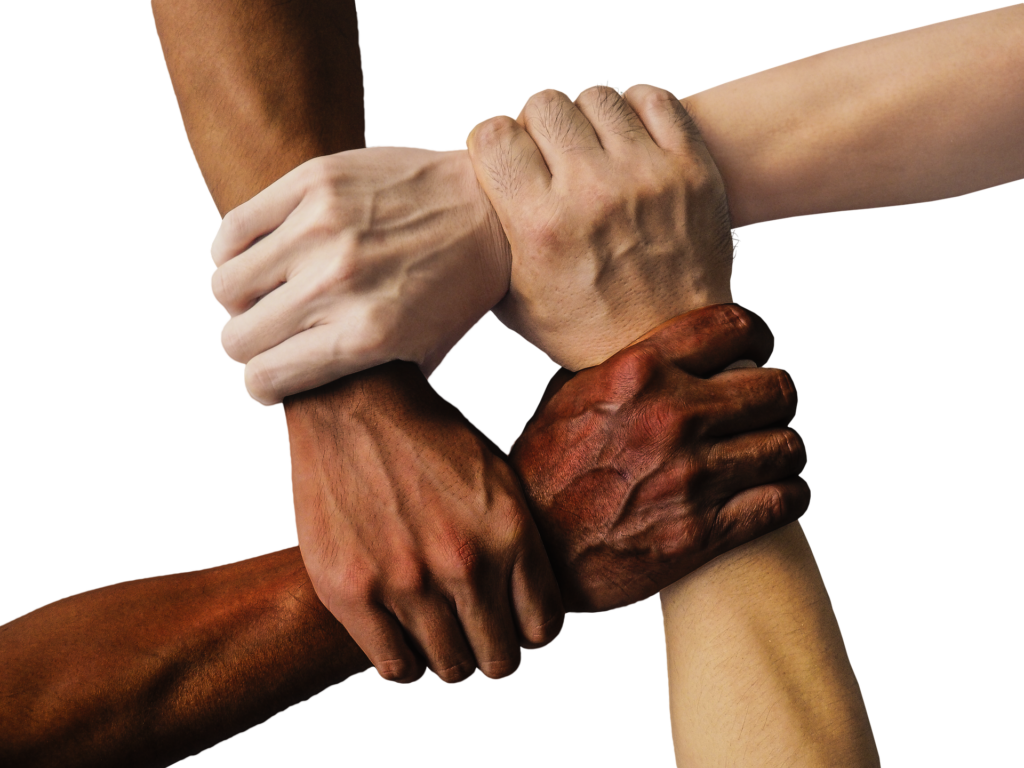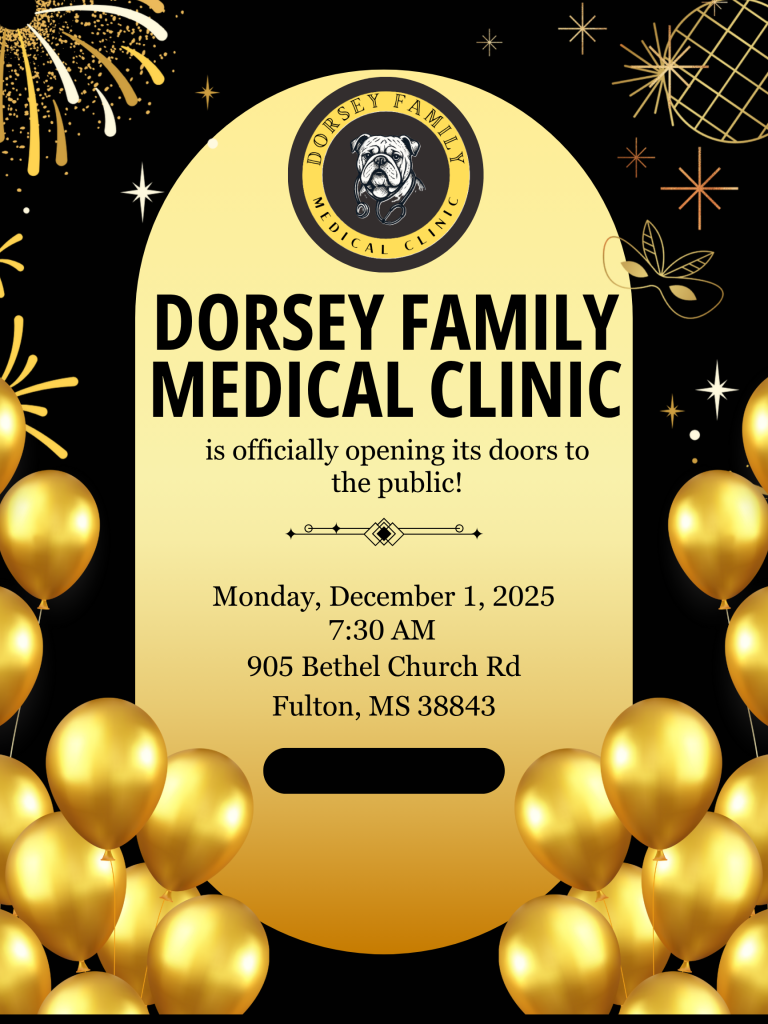
On January 1 the new year lies in front us as a fresh, crisp calendar with no blemish of our imperfect lives. For many it inspires grand ideas of losing weight, saving money or being a better person. After a holiday, some people with addictions will prescribe the same resolutions to their opioid addiction recovery as others do to overeating. However well-intentioned, New Year’s resolutions often get shoved to the side as normal life resumes. For addicts, however, this perceived failure can cause more anxiety, depression and drug usage.
If you’d like to end next year clean and sober, don’t let failed resolutions block your way. Start with these ideas to improve your chances of success.
Seek Professional Help
Resolving to stop taking opioids or drinking alcohol alone usually lasts until the withdrawal symptoms become overwhelming. Trying to manage your withdrawal symptoms alone can also be dangerous. Contact our behavioral health clinic or a drug treatment center near you to receive professional help through your withdrawals.
In addition to drug treatment, treating underlying mental illnesses can improve an addict’s chances at recovery success. Talk to a counselor or psychologist about treatment for behavioral health issues which may trigger your likelihood to relapse.
Find Support From Family and Friends
Family and friends have watched your decline into drug or alcohol abuse and use. Let them support you as you work your way back to health. Talk to those who will provide positive support for your opioid addiction recovery journey. Don’t try to manage your addiction alone. Your family may also want to seek therapy as they work through their own feelings about your addiction’s effect on them.
Create One New Healthy Habit Each Month
Your health has likely declined as addiction claimed more prominence in your life. A healthy habit could be as simple as eating three meals a day or sleeping a full eight hours every night. Don’t attempt to start a full healthy eating regiment or large scale exercise program while you’re undergoing recovery. In the beginning of your opioid addiction recovery, you may find yourself just surviving life without drugs or alcohol. Gradually bringing your body back into health, however, helps fill the time you once spent doing drugs and begins the journey toward total health.
Read or Listen to an Inspiring Book
If reading doesn’t excite you, fill your thoughts with positive messages through podcasts, YouTube videos or audiobooks. Find authors or speakers who encourage addicts through the recovery process and read or listen to their work.
Prepare for Relapse
Statistics show 85% of people in recovery will relapse in the first year. Realize you will probably relapse and be prepared to start over. Talk to your family, friends, and counselors about the signs of relapse and what steps you’ll need to take when it happens. Remember relapse isn’t a failure but is part of the process, although one of the most dangerous parts of the process because your body isn’t accustomed to the number of drugs you once took.
If you’re ready to treat your addiction this year, whether it’s January or June, our counselors are ready to help you find the resources you need for a healthier you. You don’t have to do it alone. Call our behavioral health clinic at 662-282-4359 for an appointment.



Speak Your Mind